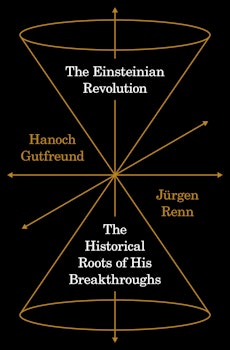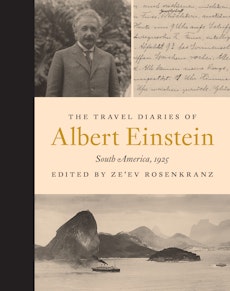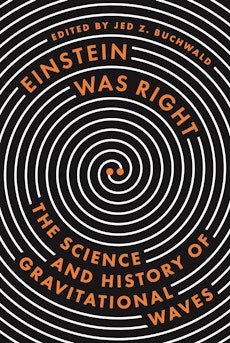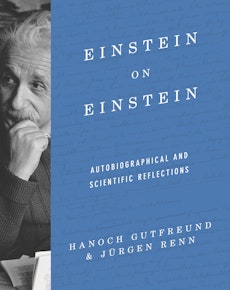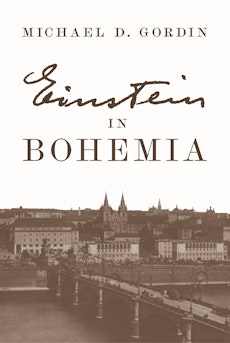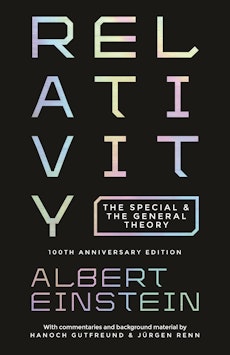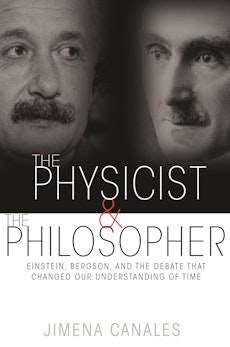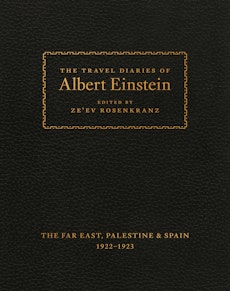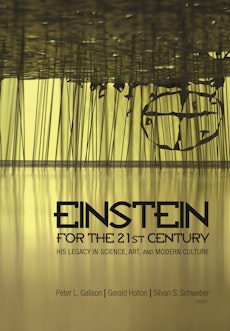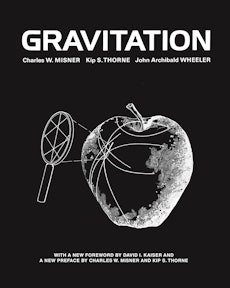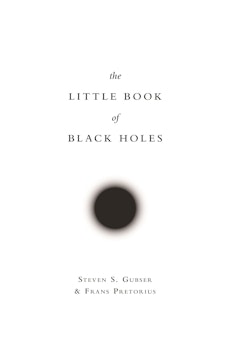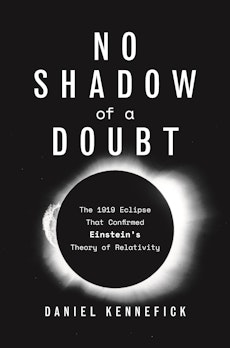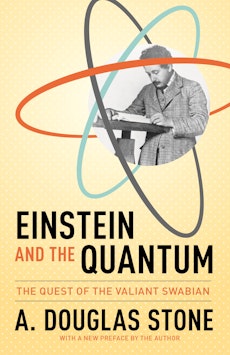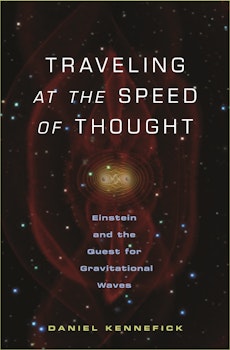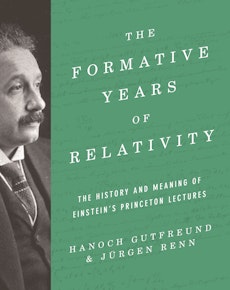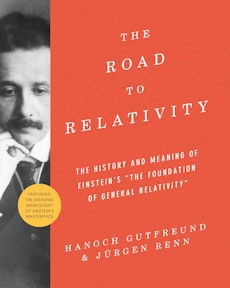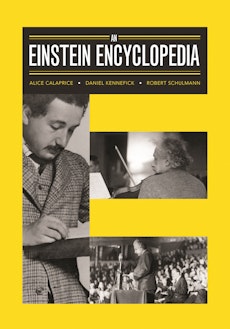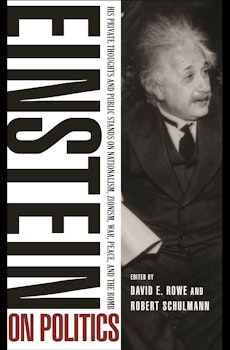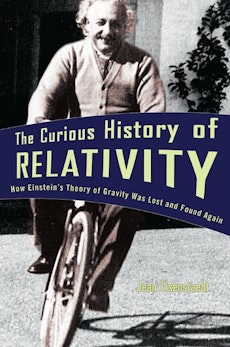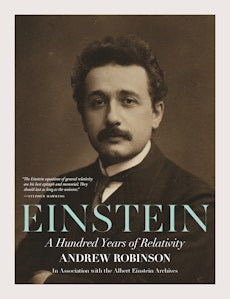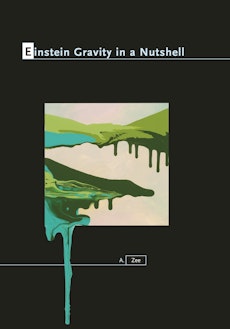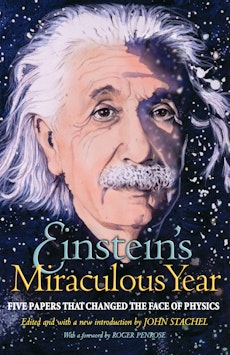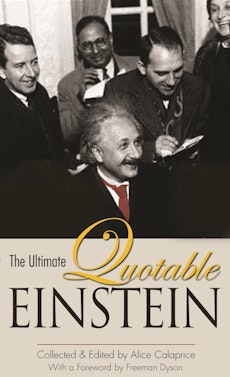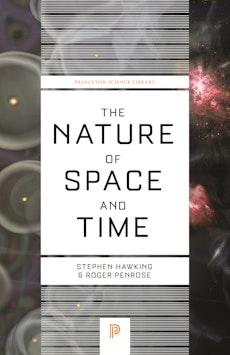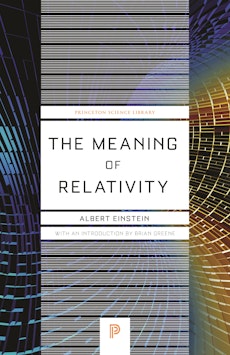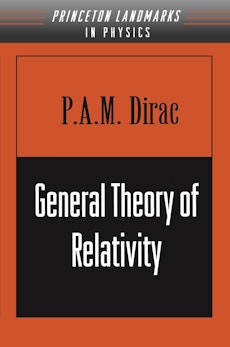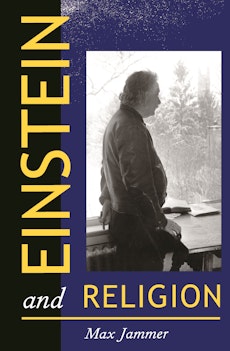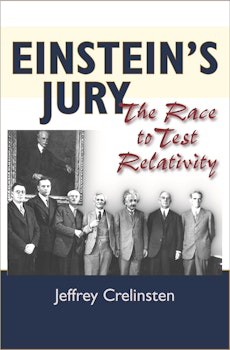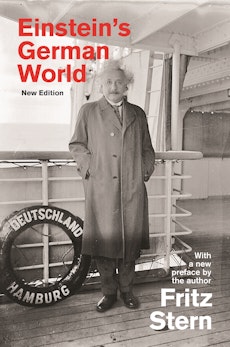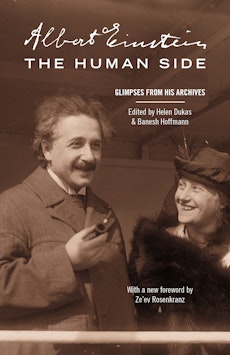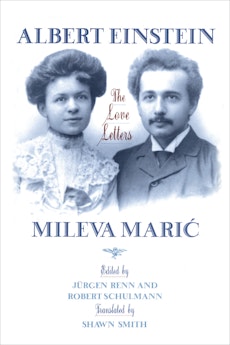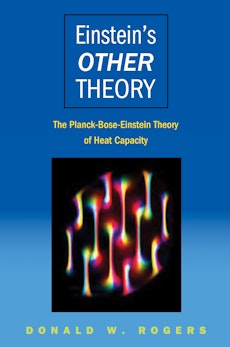Albert Einstein
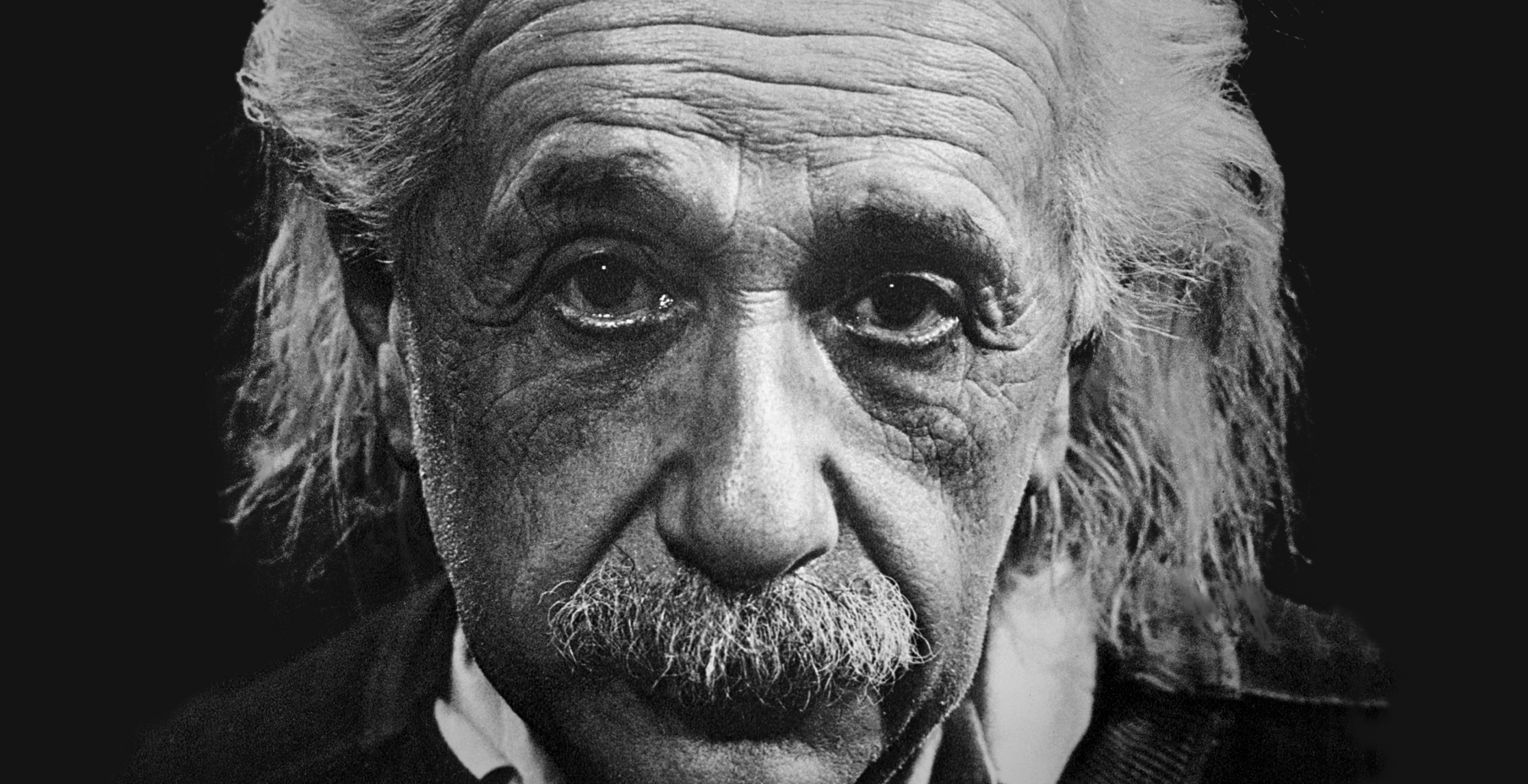
Since 1922, Princeton University Press has been honored to publish the work of Albert Einstein (1879‑1955). That year, the Press published Einstein’s The Meaning of Relativity, becoming the first US publisher to produce a book by the the most important scientist of the twentieth century. Based on lectures Einstein delivered at Princeton University in 1921, the book provided an overview of his then-controversial theory of relativity. A foundational book of modern physics, The Meaning of Relativity has been in print ever since its first publication, has been translated into more than fifty languages, and is at the heart of the Press’s science publishing.
Today, the Press’s Einstein publishing program extends to all his writings. Providing the first assemblage and English translation of Einstein’s massive written legacy, The Collected Papers of Albert Einstein is published by Princeton University Press and edited by The Einstein Papers Project at the California Institute of Technology with the assistance of The Albert Einstein Archives at the Hebrew University of Jerusalem. In addition, these three partners together produce The Digital Einstein Papers—an online platform that provides readers around the world with open access to The Collected Papers.
A range of additional Einstein-related books published by the Press—including works of popular science, histories of science, critical editions, biographies, and textbooks—amplifies and supports Einstein’s own writings, and reflects his enduring relevance.
Albert Einstein’s writings are protected by copyright. Learn more about Permission Guidelines for Albert Einstein’s Writings.
The Collected Papers of Albert Einstein The Digital Einstein Papers
